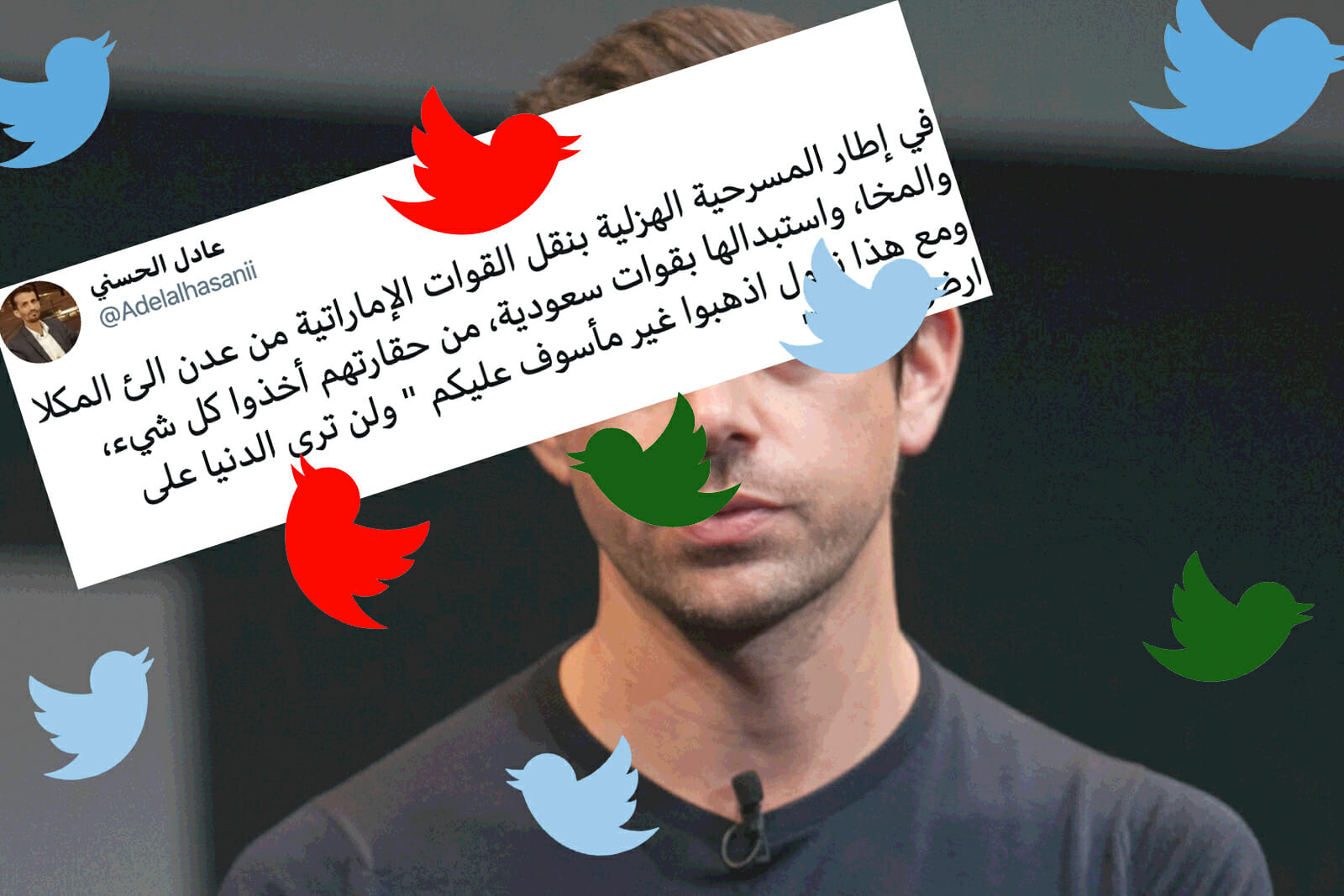
Tech
Brexit, Free Speech and Big Tech’s Al-Qaeda Problem
As Britain moves to leave the European Union, trade deals must be struck with each member of the EU, including Ireland. Britain could, if it chose to do so, demand or require more stringent regulation of the large tech companies – especially social media platforms – in exchange for a free trade agreement with the UK.
Ireland, of course, wishes to keep its relationship with the tech giants copacetic. It relies on the billions of dollars in tax revenue that the companies provide and wishes to maintain its reputation as a tax haven for large corporations. This position could be threatened by international pressure to pass regulations regarding what tech companies should and should not be allowed to publish.
Despite a mountain of criticism directed at them, YouTube and Twitter host accounts of known extremists allowing them to reach new audiences and enforce their ideologies.
Two individuals, in particular, are making waves and causing controversy for the tech giants: Anwar al-Awlaki – killed by a CIA-led drone strike in 2011 – and Adel al-Hassani. Al-Awlaki has been credibly accused of being the inspiration behind the London Bridge terrorist, Usman Khan. Al-Hassani, a former commander with Yemini forces, sang a Nasheed (an Islamic song) frequently associated with Al Qaeda during an interview with Channel 4 in the UK. The two extremists continue today to export their ideology in an effort to radicalize the vulnerable.
Facebook has already acted to remove al-Hassani’s account. This was confirmed by al-Hassani himself via a tweet. However, YouTube and Twitter continue to provide al-Hassani with a platform, despite communications from several human rights lawyers pleading with them to block the suspected extremist and al Qaeda sympathizer from their platforms.
Hassani claimed to be a fighter of al-Qaeda during his time in Yemen and a current human rights campaigner. His tweets, however, suggest a different ideology. This tweet sees Mr. Hassani celebrating the withdrawal of Red Crescent from Yemen, a humanitarian organization. In another tweet, he gives the United Arab Emirates 72 hours to leave Yemen. The tweets are difficult to reconcile with the image of Adel al-Hassani as a human rights activist.
What’s next?
Social media companies have faced increasing criticism over recent years for failing to act against troubling content appearing on their services. Indeed, the New York Times has described the 2010s as the “Decade Tech Lost Its Way,” in large part because of their failure to censor harmful content.
Now, a newly elected Conservative government with a powerful mandate now has the ability, and perhaps the inclination to act on the issue. It is to be expected that the UK will discuss the matter of extremist-linked content on the big tech platforms with the government of Ireland.
According to Ghanem Nuseibeh, London-based anti-extremism campaigner and the founder of Cornerstone Global, it is unacceptable that social media giants continue to act slowly against accounts connected to Al Qaeda sympathizers.
“Tech giants use Dublin as their non HQ for tax efficiency but the Irish authorities have a responsibility to update their laws to act against those social media giants. This is not about freedom of speech but is about the normalization of hate speech. Nothing can do greater harm to freedom of speech than terrorism sympathizers masquerading as human rights campaigners. Hassani, for example, has used his Twitter account to tweet against UAE Red Crescent facilities in Yemen and celebrated their withdrawal. In international law, this actually constitutes a war crime. By failing to act, social media giants are facilitating hate speech which ultimately costs lives.”
The ability of the big tech companies to regulate the speech emanating from their platforms is questionable. The willingness of the tech companies to regulate that speech is in question, given the lack of regulatory control over their spaces. Finally, the willingness of the Irish government to regulate could be affected by a thousand different factors, not the least of which are the pending complexities of Brexit and international tax considerations.
With the political winds blowing in all directions, in an unpredictable fashion, Twitter and YouTube would be well-advised to curb Islamist extremists’, such as al-Hassani and al-Awlaki, ability to spew venom and inspire terror on a worldwide platform. The governments of both the UK and Ireland are likely to pressure the two platforms into limiting and ultimately eliminating hate speech on their platforms.

